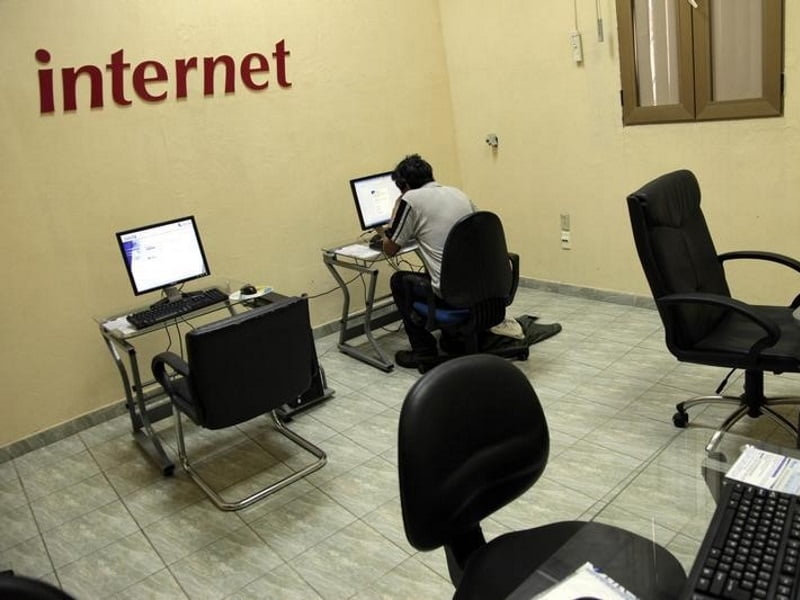
It took Cameron Jankowski about ten minutes to realize a photo of him peeing into a serving of nachos had struck a nerve with his online followers.
At first, the responses that trickled in were mostly praise for his creative take on #pissolympics, an Internet game in which very bored people took photos of themselves urinating in sometimes extreme circumstances (because, Internet). But not long after, the feedback turned angrier, peaking with actual threats against his life. Then came a knock on his door. On the other side? Two police detectives.
It’s an increasingly common story, really, and one that Syfy’s The Internet Ruined My Life aims to take a closer look at. Because while one person’s bad decision on the Internet may gain attention for one or two news cycles, the lasting impact on the offenders’ real lives can be devastating.
Ari Ezra Waldman, an associate professor of law at New York Law School, knows these stories well. He lends his expertise in the area of cyber harassment and online crime to the series and says cyber harassment happens much more than most would imagine on scales both large and small, citing a Pew Research Center study that claimed 40% of Internet users have experienced online harassment.
Regardless of the events that lead up to harassment — for example, Jankowski’s decision to fake pee into a food item at his place of work — Waldman says in cases of cyber harassment like those featured on the show, the extreme backlash is unjustifiable.
“Just because there are decision points along the way that maybe we could have said, ‘Well, maybe I shouldn’t have done that,’ a) not always the case and b)
no poor decision should justify someone being subjected to the kind of harassment these victims face
no poor decision should justify someone being subjected to the kind of harassment these victims face,” he says.
Waldman began his law career in 2010, a year he remembers because it was the same year the suicide of 18-year-old Rutgers student Tyler Clementi put a spotlight on the issue of cyber bullying.
“I realized that while his story was getting a lot of media attention, there was very little attention being paid to both the cultural and social forces that create this problem and also very few legal responses to the problem,” Waldman says. “So I figured at this point that … this is where I needed to dedicate my career.”
Waldman hopes the show helps bring awareness to the issue of cyber harassment in a personal way, by putting real life stories to a sometimes faceless issue. It’s a show for the general public — including lawyers and judges who sometimes “dismiss these claims” — and potential victimsand aggressors.
“We always hope that by bringing these stories to the forefront, past, present and future potential aggressors will realize that maybe by sending that terrible comments it’s not just a one-off thing — ‘Maybe I’m doing a lot more harm than I realize.'”
The show premieres March 9 at 10 p.m. ET on Syfy.
[“Source-mashable”]












